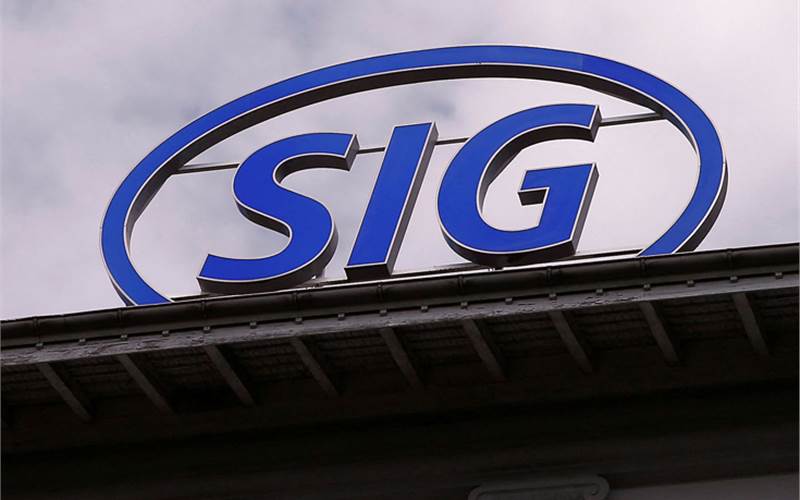SIG’s path to net-zero approved by SBTi
SIG has received approval for its group-wide net-zero science-based target from the Science Based Targets initiative (SBTi). The company has committed to reaching net-zero greenhouse gas (GHG) emissions across its value chain by 2050 – the most ambitious commitment available through the SBTi process.
07 Aug 2023 | By Charmiane Alexander
Of the 2,000+ companies globally with a public net-zero pledge, SIG is among the first 300 companies to have its target validated by the SBTi.
The company, headquartered in Switzerland, recently celebrated 170 years of operations. It has set a new series of near and long-term science-based emissions reduction targets with the SBTi, committing to reach net-zero – the point at which a balance is achieved between emissions produced and emissions taken from the atmosphere – by 2050.
These targets are significantly more ambitious than the company’s previous GHG reduction targets, approved by the SBTi in 2018 and 2020. The move sees SIG look beyond its own operations and commit to the decarbonization of its full value chain in line with climate science.
SIG’s new near-term 2030 commitments (using 2020 as the baseline year) include:
• 42% absolute reduction of scope 1 and 2 GHG emissions
• 100% renewable electricity through 2030
• 51.6% reduction of scope 3 GHG emissions per liter packed
SIG’s new long-term 2050 targets include:
• 90% absolute reduction of scope 1 and 2 GHG emissions
• 97% reduction of scope 3 GHG emissions per litre packed
Samuel Sigrist, CEO at SIG: “The approval of our Net-Zero pathway by the SBTi is a milestone achievement that showcases our dedication to decarbonizing our operations and value chain. Our new targets are considerably bolder than our previous GHG reduction targets and have been well received by our stakeholders. Decarbonising our business will not be an easy task, but we’re excited to speed up our journey to net-zero as one of the first 300 companies that have received SBTi approval.”













 See All
See All